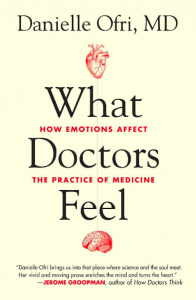 |
What Doctors Feel is a heartfelt piece that explores the connection between physician emotions and their every day professional practice. Dr. Ofri does an excellent job describing each case, by highlighting the individual challenges faced by both physicians and their patients. |
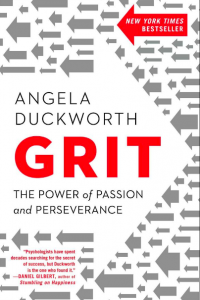 |
Grit is an excellent read that provides an evidence-based approach to why, even in highly adverse moments, we should not give up on tasks, goals, and our own self development. |
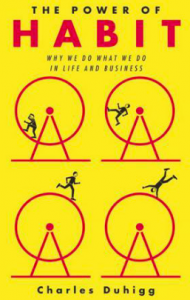 |
The Power of Habit explains the science behind habit, including how we form and change them. Charles Duhigg conveys the potential for human transformation through his findings, and explains why organizations and people may resist change. |
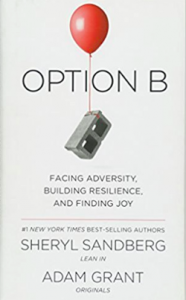 |
Chief Operating Officer of Facebook, Sheryl Sandberg, recounts a tragic tale in Option B of how her and her family overcame adversity by engaging in resilience. Sandberg explains the resilience processes and strategies that she used to bounce back through a difficult time, and also provides the reader with a great deal of cross-cultural research to support her findings. |
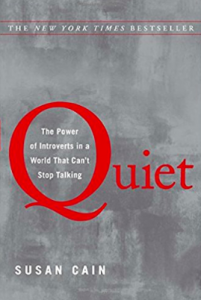 |
Quiet discusses the advantages and disadvantages of being either an introvert or extrovert, and how our world focuses and is structured on extroverted personalities. Author Susan Cain urges change within organizations, schools, and in parenting, where she emphasizes the normalcy of introversion, and the need to embrace this personality, instead of reject it. Cain also offers advice to introverts who are living through a dominantly extroverted culture. |
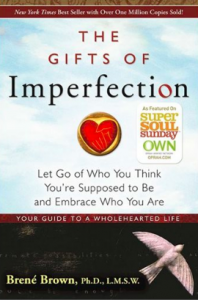 |
Brené Brown does an excellent job explaining the pressures that society and the media impose on our lives in The Gifts of Imperfection, along with offering advice on how to work through this pressure. Brown puts forth a powerful notion on how to strengthen our courage and compassion for ourselves, in order to accept our imperfections and how to move forward with this in a positive manner. |
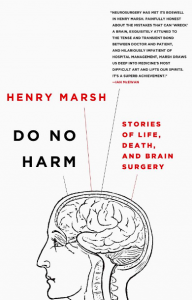 |
Do No Harm gives its audience a glimpse of the life of a brain surgeon, where readers are able to further understand the agonizing decisions that surgeons make under great urgency and uncertainty. This piece offers an opportunity to consider the surgeon’s professional and personal position, and the interplay between them. In addition, Marsh discusses the risks that surgeons must take when operating, and the adversity experienced if things were to go wrong. |
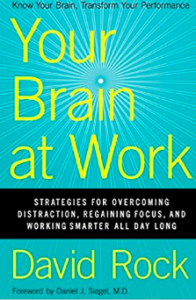 |
David Rock offers an neuroscience approach of explaining how we think in specific situations, particularly in the workplace in Your Brain at Work. Rock allows us to further understand our minds, which grants us the ability to strengthen our efficiency, focus, and interactions with others in our every day lives. |
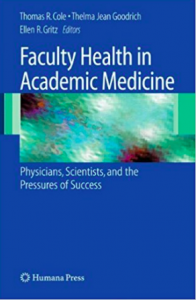 |
Larry Gruppen discusses the challenges and difficulties faced by faculty members, including scientists, physicians and other staff that are contributing to academic medicine by helping improve patient care, teaching, and facilitating research. |